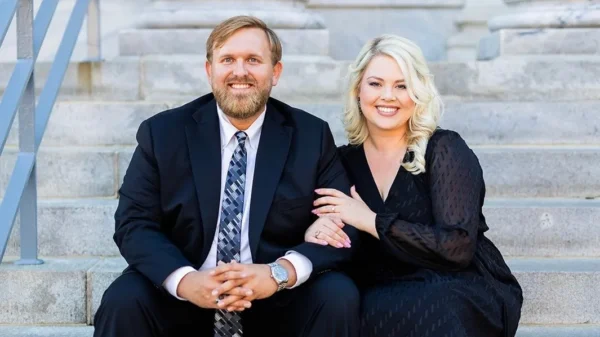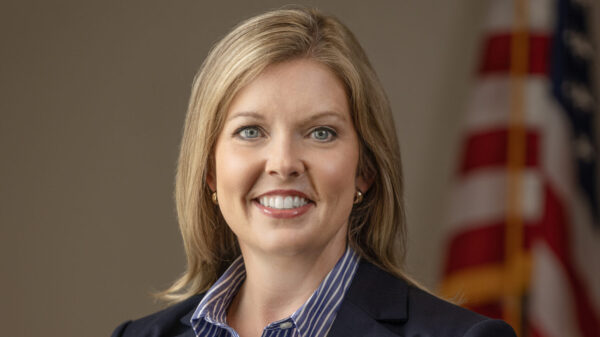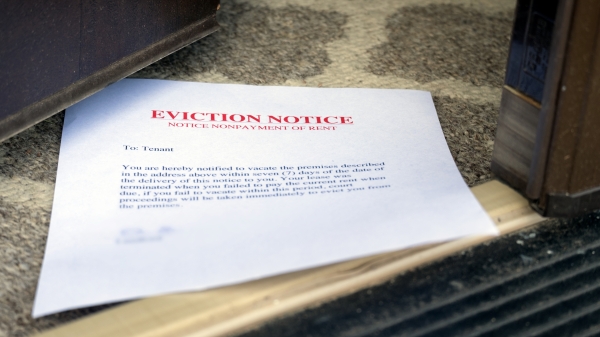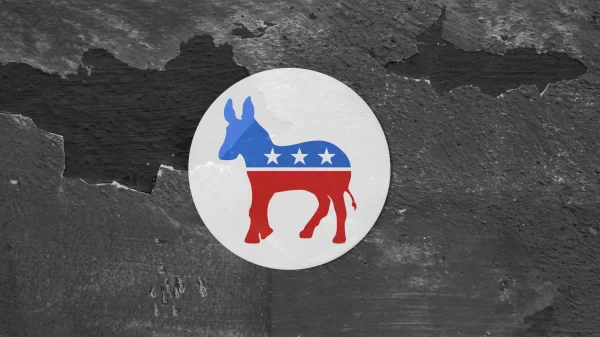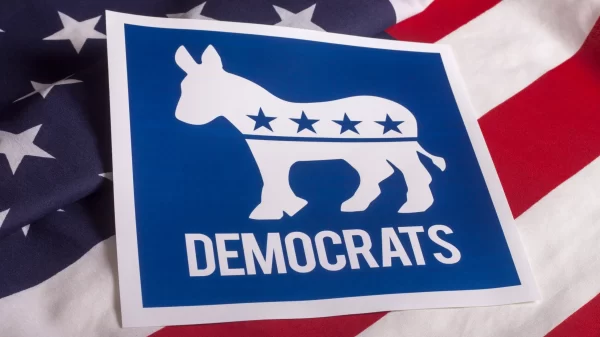The Alabama Democratic Party’s warring factions are going to try to work out their differences over the party’s bylaws in the next few months, but they’re probably not going to be able to. And there’s not much the Democratic National Convention can do about it.
That was essentially the takeaway from a marathon, nine-hour meeting between the leaders of the two ADP factions and the DNC-appointed hearing officer and from Friday’s two-hour-plus hearing before the DNC’s Rules and Bylaws Committee.
I just saved you 12 hours and a LOT of reading.
I’m not sure anything can save the ADP from itself, however.
It doesn’t seem to matter that the party isn’t winning. That it’s losing appeal in a time when it should have historic membership gains. Or that everyone – and I mean absolutely everyone – on the outside looking in is simply tired of the pointless bickering.
To be sure, this is not a problem of equal creation by the two sides. As much as the Joe Reed-Randy Kelley faction of this fight might believe they are right, you carry more blame when you clearly disenfranchise groups of people. And, yes, the most recent version of the ADP bylaws, passed in a May meeting where a poll tax was instituted, disenfranchises a lot of good and loyal Democrats.
To that end, it was good to hear attorney Ben Harris, speaking on behalf of the Reed faction at Friday’s RBC hearing, say that they were willing to accept changes to the bylaws and that they welcomed input from the challengers. Harris said they wanted to put this all behind them because, “it’s tough as a Democrat in Alabama. We are a party that’s split in two. We have very good people who share the same goals but who fall on different sides of this argument. We have to put this behind us and move forward.”
Yeah, sure, it’s a bit like hearing the attorney for the arsonists say we really, really need to put these fires out, but still, it’s a positive step in the right direction. I was so hopeful, as Harris spoke, that we had finally reached some breaking point. That finally, after all of this time, Reed and his faction had grown weary of the fight, and maybe they saw how futile and pointless it all really was. Maybe they realized that without young people and all of those other minority groups that were disenfranchised by the May bylaws, the ADP could never win.
And then Reed took the microphone….
Look, I need to say here that I admire Joe Reed. Truly. The man’s lived one hell of a life and will be remembered for fighting tooth and nail against injustice and unfairness — a fight that has aided all marginalized people. He’s a first-ballot hall-of-Famer in the fight for civil rights.
But fighting is what he does. And right now, that fighting is hurting the party.
Reed told the RBC members gathered in D.C. that he didn’t believe they had the authority to tell Alabama what bylaws to implement – a statement that the RBC seemed to ultimately agree with – and he flat-out said that the non-Black minority groups of the State Democratic Executive Committee and the white members of the SDEC would not tell the Black members what to do when it comes to drafting the bylaws.
“They can have all the input that they’re entitled to, and we agree with that,” Reed said. “But the tail ain’t gonna wag the dog.”
Of course, no one was suggesting such. In fact, the 2019 bylaws, which ushered in so many new diversity caucuses in the party and spread voting power more evenly, actually increased Black participation in the party. Because, as it turns out, there are Black young people and Black gay people and Black disabled people.
But what those bylaws also did was shrink Reed’s power. As the chair of the Alabama Democratic Conference – the party’s Black caucus – he holds tremendous power in appointing members to the SDEC, and as a result maintaining control of the party. If other caucuses had something approaching equal power to appointing those members, the votes wouldn’t be quite so controlled.
Which was why the May bylaws were implemented, which stripped autonomy from various caucuses and returned the power to appoint at-large members of some non-Black caucuses-turned-committees to the ADP leadership.
Another cool trick was ADP leadership never providing a full list of SDEC members, so everyone was aware of vacancies and who should or shouldn’t be voting at meetings.
The RBC’s hearing officer took issue with all of that. Members sounded unhappy with what had taken place.
But when it came time to get down to business, a resolution passed by the RBC proved that Reed was mostly right – the RBC can pound the table and try to push state parties towards compliance with the DNC’s charter, but it has no authority to force those state parties to do anything. And Alabama will be no different.
Kelley and Reed promised to work with the group of challengers and the groups that were disenfranchised by the May bylaws. They promised to have new, better bylaws in place by Feb. 1. They promised to work towards making the party more inclusive and putting an end to the longterm bickering.
I guess we’ll see. But I smell smoke.




